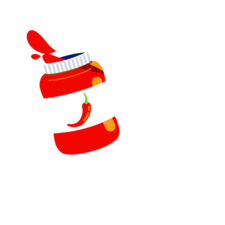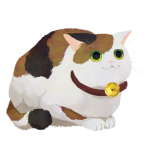Steamをインストール
ログイン
|
言語
简体中文(簡体字中国語)
繁體中文(繁体字中国語)
한국어 (韓国語)
ไทย (タイ語)
български (ブルガリア語)
Čeština(チェコ語)
Dansk (デンマーク語)
Deutsch (ドイツ語)
English (英語)
Español - España (スペイン語 - スペイン)
Español - Latinoamérica (スペイン語 - ラテンアメリカ)
Ελληνικά (ギリシャ語)
Français (フランス語)
Italiano (イタリア語)
Bahasa Indonesia(インドネシア語)
Magyar(ハンガリー語)
Nederlands (オランダ語)
Norsk (ノルウェー語)
Polski (ポーランド語)
Português(ポルトガル語-ポルトガル)
Português - Brasil (ポルトガル語 - ブラジル)
Română(ルーマニア語)
Русский (ロシア語)
Suomi (フィンランド語)
Svenska (スウェーデン語)
Türkçe (トルコ語)
Tiếng Việt (ベトナム語)
Українська (ウクライナ語)
翻訳の問題を報告

















































One day, Miyazaki adapted to this, learned all the possible frames of the belt, and no longer received damage. But his father did not lose his head, and spent 2 years to surprise his beloved son again. Now he did 10 times more damage with the belt, jumped like crazy all over the room, and also used fast combinations of blows (mixed with good old delays), so Miyazaki's eyes did not have time to focus on him. But the father knew that this alone was not enough to surprise his son, so now his belt always did area damage, in case his son wanted to roll behind his back. And even when Miyazaki thought he could safely drink his bottle of Fanta, the belt attack reached him across the room. This memory inspired Miyazaki so much that he dedicated an entire DLC to it for his game Elden Ring.